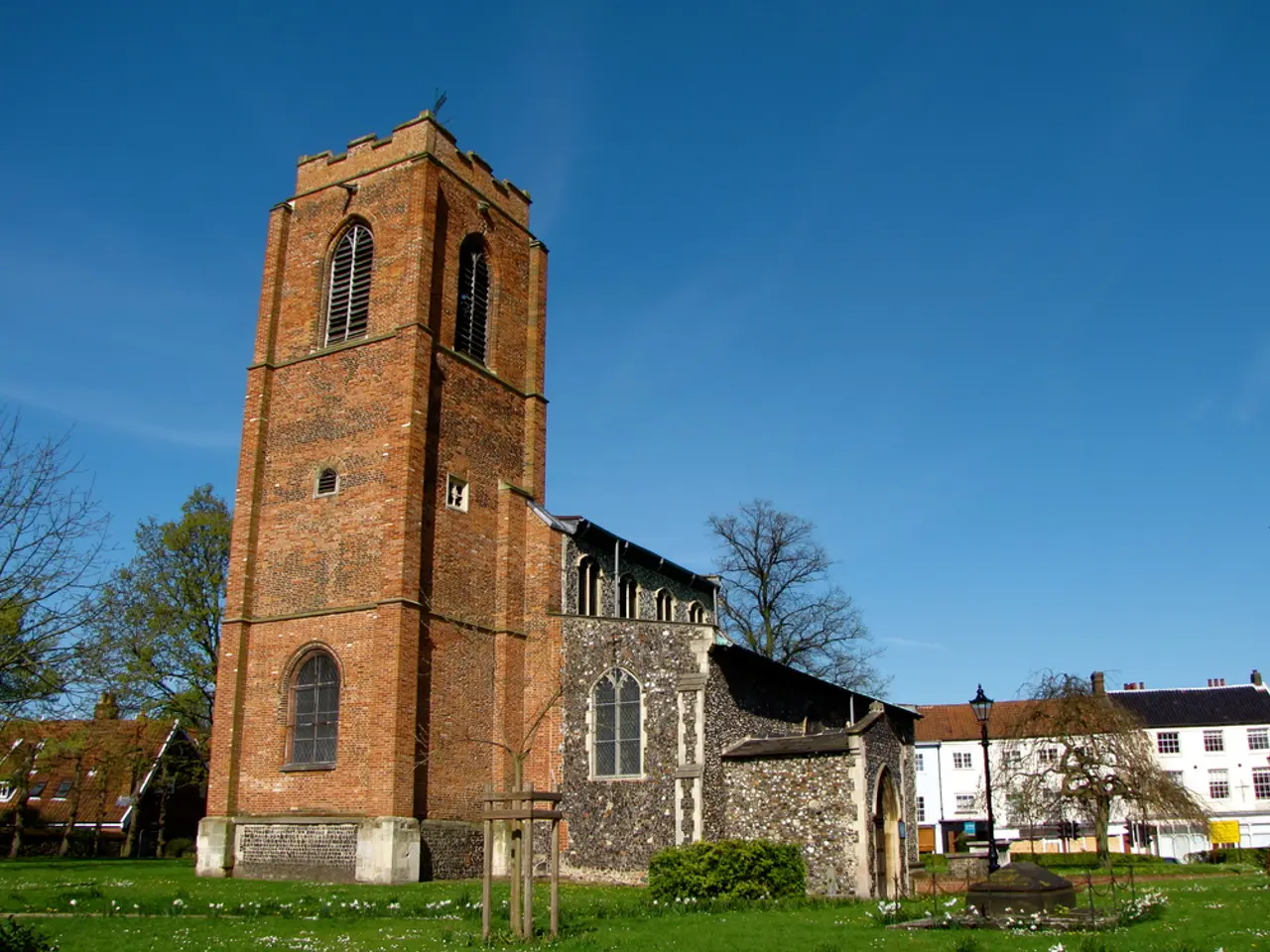Artificial grass made from biomaterial officially unveiled in Ellwangen
Baden-Württemberg, a German state renowned for its pioneering work in the field of bioplastics, has taken a significant stride forward in its bioeconomy strategy. The state, which boasts institutions like the Institute for Plastics Technology at the University of Stuttgart and companies such as TECNARO from Ilsfeld, is now home to the first bio-based artificial turf pitch in Ellwangen.
Funded by the Federal Ministry of Food, Agriculture, and Homeland (BMLEH) and supervised by the Fachagentur Nachwachsende Rohstoffe e. V. (FNR), the project "Sustainable Artificial Turf Pitch - Development and Investigation" was initiated and accompanied by the Ministry of Food, Rural Areas, and Consumer Protection (MLR). The company GreenSpark was involved in the project, using the first bio-based artificial turf on Ellwangen's pitch.
The goal of this project is to transform Baden-Württemberg into a leading region for bio-based, circular economy. This aligns with the state's broader cross-ministerial strategy, which covers sectors including Education and Science, Research, Environmental Protection, and Sports.
Artificial turf pitches, of which there are over 1,000 in Baden-Württemberg, have gained popularity due to their year-round usability and ease of maintenance. However, the use of previous infill granulate for these pitches has been associated with significant environmental disadvantages. Up to 16,000 tons of microplastics enter the environment annually due to artificial turf pitches.
The new bio-based artificial turf pitch in Ellwangen offers advantages to athletes, the environment, society, and the economy. By choosing this sustainable solution, the state is not only promoting ecology and innovation but also setting an example for other regions to follow.
For more information about the project or the state's bioeconomy strategy, the Ministry of Food, Agriculture and Consumer Protection can be contacted via their Press Office and Citizen Liaison Officer. The state strategy "Sustainable Bioeconomy Baden-Württemberg" will continue until 2029, marking Baden-Württemberg's commitment to leading the way in sustainable sports facilities and the bio-based, circular economy.
Read also:
- CEO Efe Cakarel of film platform Mubi addresses controversy regarding new investor and Israeli military ties, establishes advisory board and fund to safeguard artists under threat.
- Reliance, led by Ambani, and other entities are reportedly in negotiations with OpenAI to introduce the Stargate project, valued at half a trillion dollars, within India.
- Energy Minister of Malawi, Ibrahim Matola, heads Malawian delegation for a knowledge exchange on BESS (Battery Energy Storage Systems), a trip held in India. This exchange is backed by the Global Energy African Partnership Program (GEAPP).
- Struggling with health care access, patients across Asia confess, according to a Prudential-funded research project





